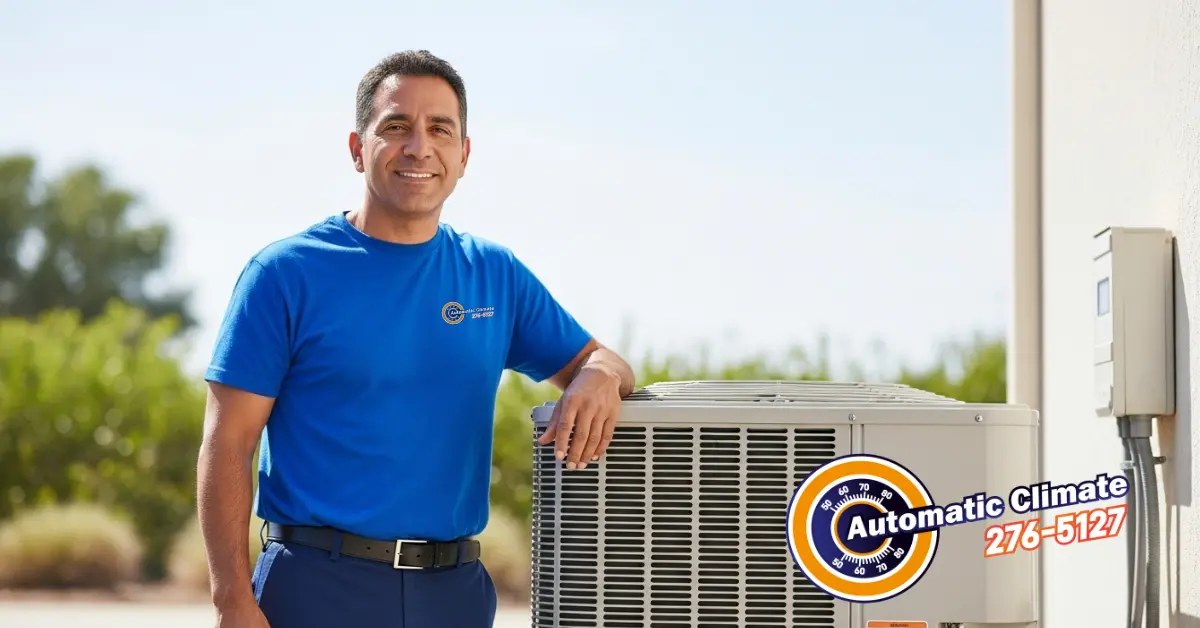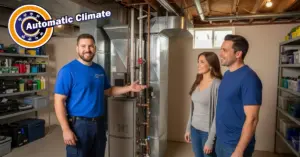💧 The Day My AC Decided to Flood My Living Room: A Casual Guide to Handling Water Leaks
Imagine it’s a scorching summer day, and you’re blissfully enjoying the cool air in your living room, only for that peace to be shattered by the sound of dripping water. There it is, your air conditioning unit—a lifesaver in the heat—has turned into a miniature waterfall. The day my AC decided to flood my living room was filled with unexpected twists and turns, and it taught me many valuable lessons about tackling water leaks. In this guide, we’ll explore how to identify the source of AC leaks, what immediate steps to take when disaster strikes, and long-term solutions to prevent future mishaps.
Identifying the Source
Common Causes of AC Water Leaks
Understanding the common culprits that lead to AC water leaks can empower you to react swiftly. Typically, the issues can stem from blocked drainage lines, a damaged condensate pump, or even a dirty air filter. When your AC functions, it removes moisture from the air, which should ideally drain away. However, when the drainage system is obstructed or fails, water can back up and leak out of the unit instead. Moreover, extreme fluctuations in temperature could cause condensation, leading to excessive water accumulation.
Another frequent cause is a refrigerant leak. If the refrigerant levels drop too low, it can lead to frost forming on the coils, which eventually melts and causes water to drip. Additionally, improper installation or maintenance can create gaps that allow water to escape from the unit. Knowing these common causes can help you troubleshoot the problem more effectively.
Signs That Your AC is Leaking
Being vigilant about the signs of a leaking AC can prevent further damage. Start by looking for water pooling around the unit or in the vicinity of your ceiling or walls. Another telltale sign is an increase in humidity levels in your home, which suggests that your AC isn’t effectively removing moisture. You might also notice unusual sounds coming from the unit, like hissing or gurgling noises, indicating potential refrigerant issues or water blockages.
Additionally, if you discover water stains on your ceilings or walls, it’s a clear indicator that your AC is leaking. These stains can lead to mold and mildew growth if not addressed promptly, creating even larger problems. Pay attention to these signs to catch water leaks early before they escalate into costly repairs.
How to Locate the Source of the Leak
Finding the source of the leak can be a bit of a detective job. Start by inspecting the AC unit itself—look around the condensate drain for clogs and inspect the drain pan for any cracks. If you feel confident, consider using a wet/dry vacuum to suck out any clogs in the drain line. If you’re comfortable reaching up to the attic or into a crawl space, check for any signs of water accumulation in those areas as well.
Another strategy is to check the air filter. A dirty or blocked filter can restrict airflow, causing excess moisture to condense. Replacing the filter can resolve leaks associated with airflow issues. If your search does not yield results, consulting online resources or forums may offer additional insights based on similar experiences others have faced.
Immediate Steps to Take
Shut Off Your AC Unit
When you discover a leak, the first step is to turn off your AC unit immediately. Continuing to run it can exacerbate the problem, leading to more water damage and potentially damaging the unit itself. If water is pooling, shutting it off will also prevent any electrical hazards. Simply locate the power switch on your unit or turn it off at the circuit breaker to halt operation.
Taking this precaution helps mitigate damage not only to your living space but also to the AC system itself. If it’s safe to do so, you can even unplug the unit for added safety. This step is crucial in giving you the time and space to assess the situation without the pressure of ongoing water flow.
Contain the Water
Next, it’s time to contain the water. Grab some towels, buckets, or a mop to soak up the water. Placing buckets under the leaking area is vital to prevent further water damage to your flooring and furniture. If the leak is extensive, consider using a wet/dry vacuum for quicker water removal. The sooner you contain the leak, the lower your risk of permanent damage.
Don’t forget to check for any valuable items in the vicinity of the leak. Move furniture, rugs, and electronics out of the way to prevent further damage. While it may seem tedious, protecting your belongings will save you from potential financial loss and additional headaches.
Assess the Damage
Once you’ve contained the water, evaluate the extent of the damage. Check your walls, ceiling, and floors for water stains or signs of moisture. Look for peeling wallpaper, bubbling paint, or warped wood. If you notice mold growth, it’s crucial to take action immediately, as mold can pose health risks and worsen the situation.
If the damage appears minor, you might be able to handle the cleanup yourself. However, if there’s significant water damage or mold growth, it’s time to call in the professionals. Assessing the damage thoroughly will help you determine the best course of action moving forward.
Long-term Solutions
Repairing or Replacing Parts
Whether you’ve identified the source of the leak or have merely assessed the damage, long-term solutions are essential to prevent future incidents. If the problem is due to a blocked drain line, cleaning it with vinegar or a specialized cleaner can do wonders in restoring function. However, if your condensate pump is damaged, you’ll need to replace it. Regular maintenance can help catch these issues early, ensuring your AC remains in good working order.
In more severe cases, you may need to replace the entire unit. If your AC is aging and frequently causing problems, investing in a new, energy-efficient model may be the most cost-effective solution in the long run. A new unit will not only prevent leaks but also save on energy costs, making it an invaluable addition to your home.
Preventative Maintenance Tips
Preventative maintenance is your best ally in avoiding future leaks. Regularly check and replace your air filter; a clean filter helps maintain airflow and prevents moisture buildup. Inspect your condensate drain line and clear any debris that may cause blockages. Furthermore, consider scheduling professional maintenance at least once a year to ensure all components of your AC are functioning correctly.
You can also invest in a drain pan or a leak detection system to alert you when water is accumulating where it shouldn’t be. These proactive steps can save you from the headache of dealing with leaks and the associated costs of repairs down the line. Remember, prevention is always better than cure.
When to Call a Professional
While some minor issues can be resolved by a determined DIYer, knowing when to call a professional is crucial. If you’ve attempted to identify and resolve the issue but find the leak persists, or if there’s extensive water damage, it’s time to seek expert help. Professionals have the knowledge and tools to diagnose hidden problems that may not be visible to an untrained eye.
Additionally, if you detect mold growth or significant structural damage, a professional assessment is essential. They can ensure the problem is dealt with safely and effectively without risking your health or home integrity. Don’t hesitate to reach out for help when you feel overwhelmed; it’s a wise investment in your home’s longevity.
FAQs
What should I do first if my AC is leaking water?
The first step is to turn off your AC unit to prevent further damage and potential hazards. Then, contain any water with towels or buckets.
How can I tell if the leak is from the AC or another source?
Look for clear signs, such as water pooling directly beneath the unit. If the leak is consistent with the AC operation, it’s likely from your unit.
Is it safe to operate my AC if it’s leaking?
No, operating your AC while it’s leaking can cause electrical hazards and worsen the damage. Always turn it off and assess the situation first.
Can I prevent my AC from leaking in the future?
Yes! Regular maintenance, changing air filters, and cleaning the drain lines can significantly reduce the chances of future leaks.
When should I call a professional for AC issues?
If you cannot identify the source of the leak, if there’s extensive water damage, or if you detect mold, it’s time to call a professional.
Take-Away
Experiencing an AC leak can be alarming, but knowing how to handle the situation can ease the stress. By identifying the source of the leak, taking immediate action to contain the water, and implementing long-term solutions, you can protect your home and maintain a comfortable living environment. Remember, preventative maintenance is key to avoiding these issues in the future. Stay informed, and don’t hesitate to seek professional help when necessary. Your home and peace of mind are worth it.







